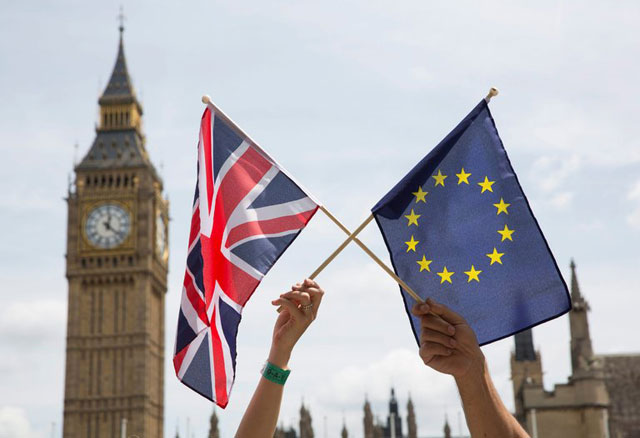
“I expect there will be a lot of movement,” Dijsselbloem - Dutch finance minister and president of the group of 19 countries that share the euro - told the Financieele Dagblad daily in an interview published Saturday.
“Banks will not completely move out (from London), but there will be a makeover of their activities, which will be parcelled out to various cities,” he said.
“There won’t be a new City.”
Dijsselbloem added that “Amsterdam certainly has a role”, pointing to its advantageous position at the crossroads of northern Europe.
On Tuesday, Dijsselbloem warned London could not expect to remain Europe’s financial capital if Britain refused to follow EU regulations.
“If the UK wants access to the internal market, they will have to accept the rules and regulations which go with that internal market,” he said.
In other comments on Saturday, Dijsselbloem said the 2008 financial crisis was the “prime cause of populism” in Europe.
Elections are due next year in The Netherlands, France and Germany, where the populist vote will be closely scrutinised following the Brexit referendum, in which eurosceptics were able to stir resentment against Brussels and immigration.
“The financial sector’s instability caused enormous damage to the economy in The Netherlands and the rest of the Western world,” Dijsselbloem said.
“This is one of the factors which led to the advance of populism in Europe. Trust was completely disrupted.”
Many weak banks were restructured and recapitalised and as a result, banking culture today “is going through a complete change,” he said.
Published in The Express Tribune, December 11th, 2016.
Like Business on Facebook, follow @TribuneBiz on Twitter to stay informed and join in the conversation.

















COMMENTS
Comments are moderated and generally will be posted if they are on-topic and not abusive.
For more information, please see our Comments FAQ